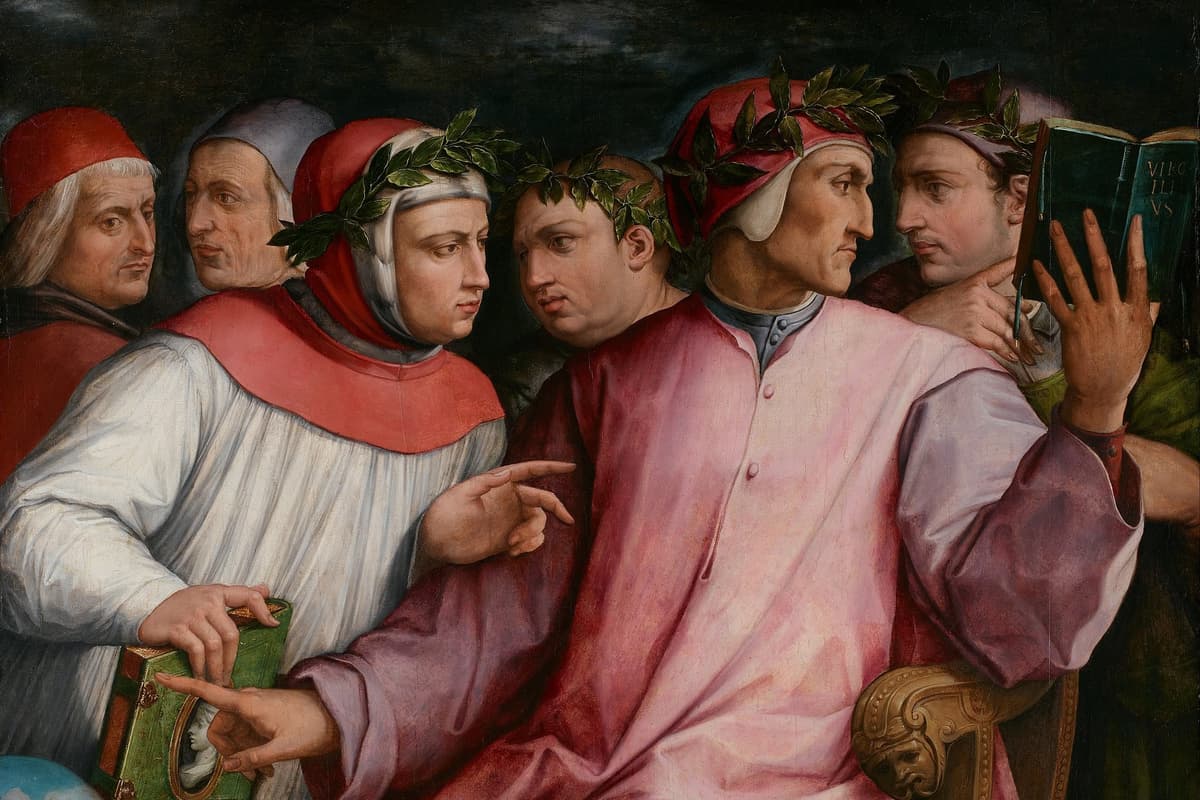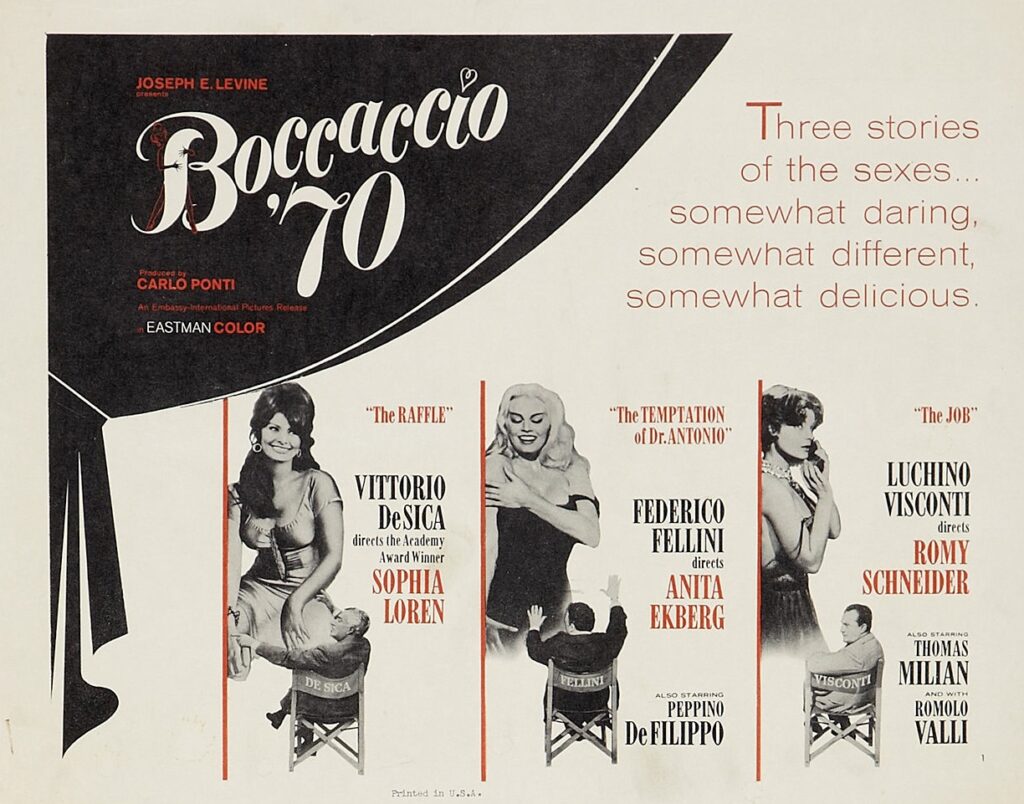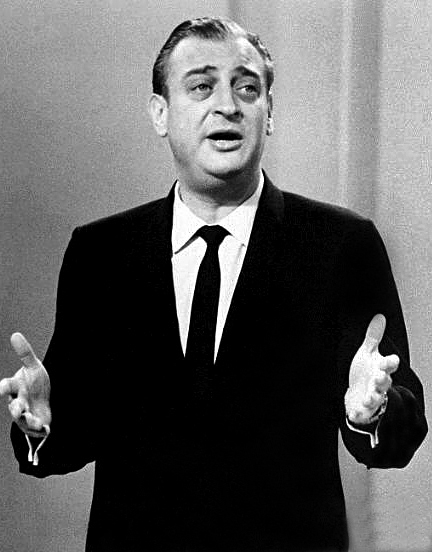Meet the Rodney Dangerfield of Medieval Literature, Boccaccio
Boccaccio was profoundly interested in how a literary life should be lived, which could be why he was so attracted to the form of biography — making him a standout among his contemporaries.

‘Boccaccio: A Biography’
By Marco Santagata
Translated by Emlyn Eisenach
University of Chicago Press, 424 Pages
Giovanni Boccaccio (1313-1375) is best known as the author of “The Decameron,” short stories that he crafted in the vernacular, challenging the prestige of Latin as the language of great art. Chaucer learned a great deal from him about how to incorporate the gritty and ribald details of everyday life into his work while maintaining a style worthy of Boccaccio’s great mentor, Petrarch, and their illustrious predecessor, Dante.
Boccaccio was profoundly interested in how a literary life should be lived. I think this is why he was so attracted to the form of biography. It is surprising to me that Marco Santagata never comments on this aspect of Boccaccio’s work, which makes him a standout among his contemporaries.
To be sure, Mr. Santagata deals in detail with some of Boccaccio’s biographies, but he never pauses to consider why biography as a form interested Boccaccio, and why he engaged in narrating lives that makes him seem quite modern.
Also disappointing is the small space given in this long biography to “On Famous Women,” a truly groundbreaking work. Nothing like Boccaccio’s survey had ever been attempted with so much authority and comprehensiveness. Mr. Santagata makes no connection between “On Famous Women” and the hard time Boccaccio had under the authority of a businessman-father who had no respect for the literary aspirations of his son, who never knew who his mother was.

“On Famous Women” is all the more intriguing because plenty of Boccaccio’s work is misogynistic. He railed against the institution of marriage, though he fathered children and was educated as a cleric and specialist in canon law. Apparently, judging by this biography, Boccaccio lived with his contradictions without trying to reconcile them. A mercurial man, he wrote diatribes against those he believed had disrespected him and failed to deliver on their promises.
Boccaccio often functioned as the promoter of Dante, whose own work in the vernacular he thought had been devalued. He sought to overturn the hostility of Dante’s home town, Florence, which had exiled and dishonored him. Boccaccio enlisted Petrarch as an ally, deeming the poet his superior as a literary figure, though Mr. Santagata shrewdly observes that some of Boccaccio’s touting of Petrarch may have been a sly way of advancing his own fortunes in the literary marketplace.
Some aspects of Boccaccio’s life are a puzzle that Mr. Santagata does not try to solve. Boccaccio would not seem to be a wise choice to send off from Florence on diplomatic missions, yet that is what the state did with its sometimes obstreperous literary light. Were they just relieved to get him out of town?
Mr. Santagata writes with a well-tuned awareness of previous Boccaccio biographies, without ever seeming pedantic or nitpicking. He shows why certain assumptions about what Boccaccio did, where he did it, and why cannot be right. He explains why certain dates and documents disprove what earlier biographers have postulated.

Thus Mr. Santagata treats biography as a cumulative and incremental enterprise, subject to continual correction and improvement. He does so without assuming more authority than is warranted — perhaps because he realizes that he, too, may be subject to revision.
Boccaccio was very much a man of the world, as revealed in a wonderful anecdote Mr. Santagata tells about a couple who wanted to wed but realized that as fourth cousins the church would consider their union incestuous. What to do? They relied on Boccaccio’s expertise in canon law. He advised: Get married “in secret and only afterward ask for a papal dispensation, claiming prior ignorance of the existence of the legal impediment.” Done! The pope said okay, and then Boccaccio turned huffy when he did not get so much as a thank you from the couple. That always seemed to be happening to him, as though, like the late comedian Rodney Dangerfield, who’s still popular on Facebook and YouTube, he could never get respect.
Boccaccio, in spite of a growing corpulence, had a long life, full of travel, controversy, and achievement, and, in the end, deserving of the respect and even awe that in his own time he craved but never quite enjoyed.
Mr. Rollyson has introduced and compiled a collection of ancient, medieval, and Renaissance biographies in “Biography Before Boswell.”

